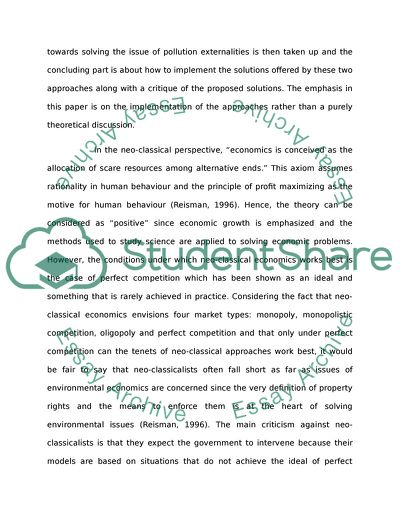Cite this document
(ENVIRONMENTAL ECONOMICS Essay Example | Topics and Well Written Essays - 2750 words, n.d.)
ENVIRONMENTAL ECONOMICS Essay Example | Topics and Well Written Essays - 2750 words. https://studentshare.org/macro-microeconomics/1759905-environmental-economics
ENVIRONMENTAL ECONOMICS Essay Example | Topics and Well Written Essays - 2750 words. https://studentshare.org/macro-microeconomics/1759905-environmental-economics
(ENVIRONMENTAL ECONOMICS Essay Example | Topics and Well Written Essays - 2750 Words)
ENVIRONMENTAL ECONOMICS Essay Example | Topics and Well Written Essays - 2750 Words. https://studentshare.org/macro-microeconomics/1759905-environmental-economics.
ENVIRONMENTAL ECONOMICS Essay Example | Topics and Well Written Essays - 2750 Words. https://studentshare.org/macro-microeconomics/1759905-environmental-economics.
“ENVIRONMENTAL ECONOMICS Essay Example | Topics and Well Written Essays - 2750 Words”. https://studentshare.org/macro-microeconomics/1759905-environmental-economics.


